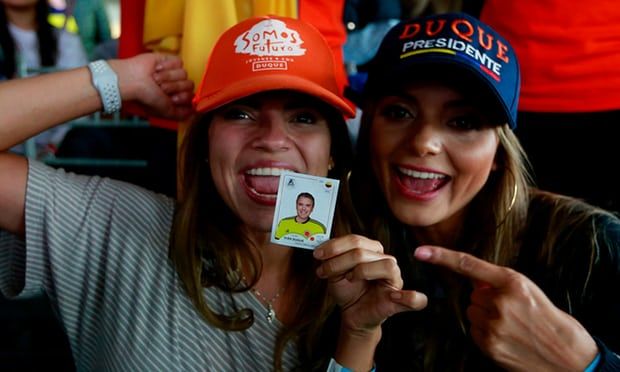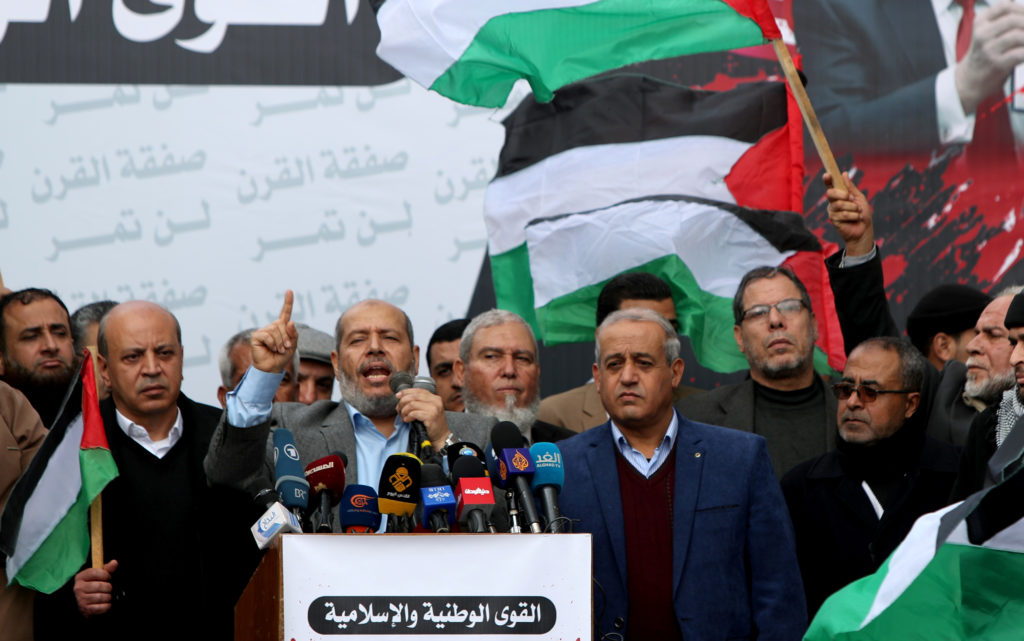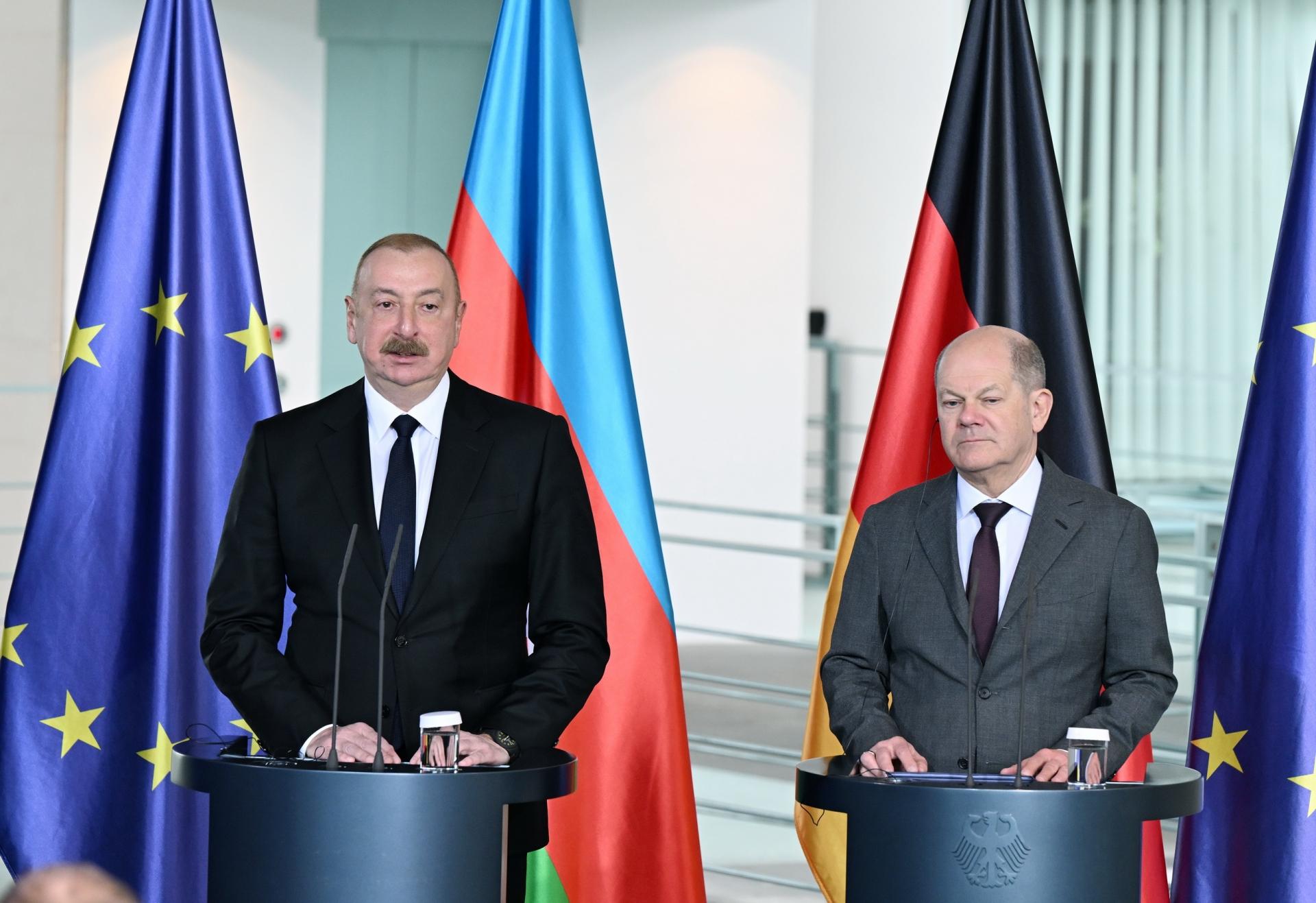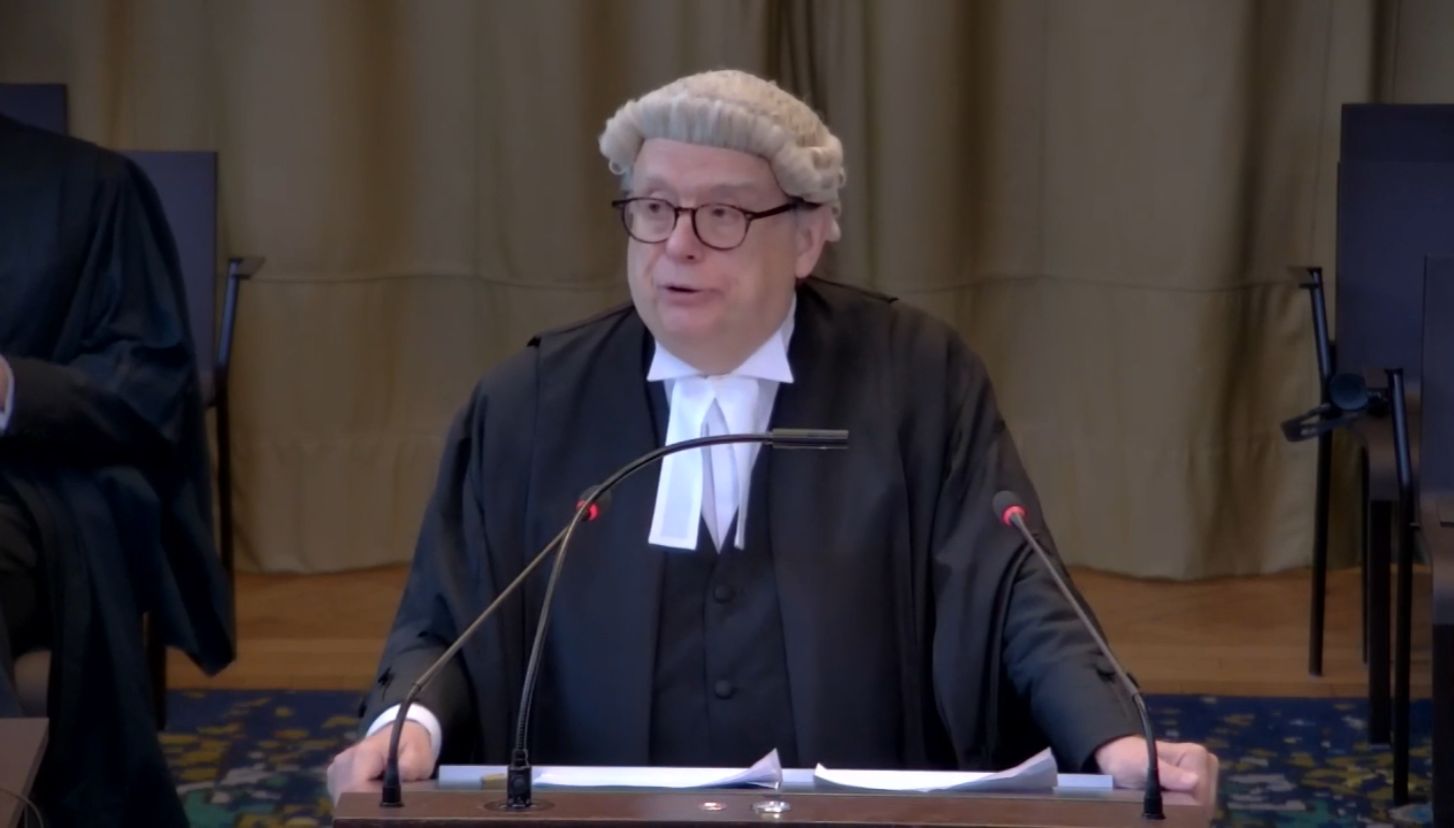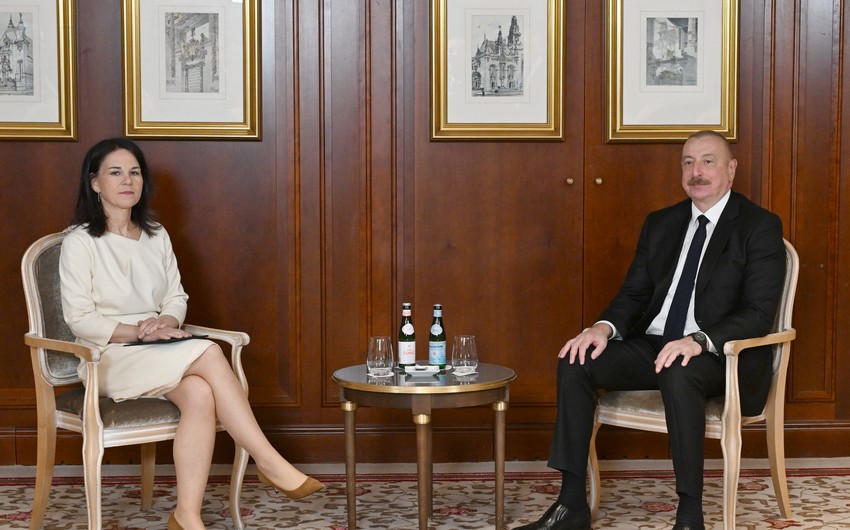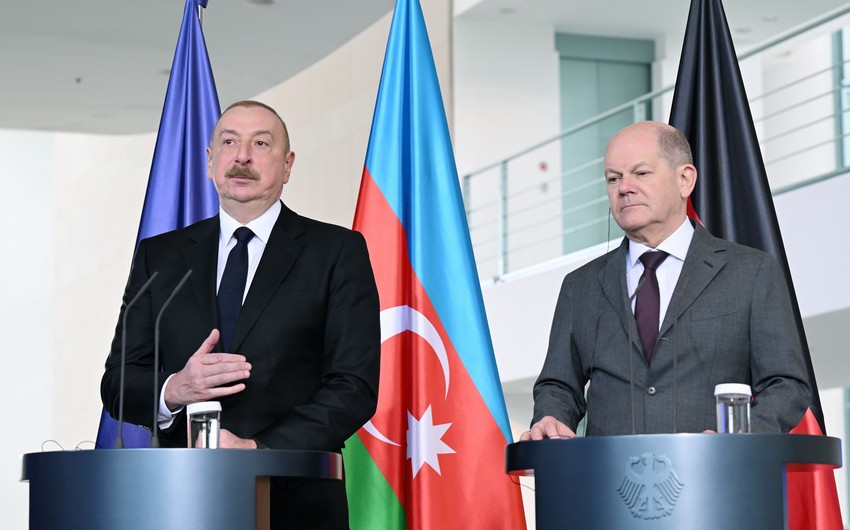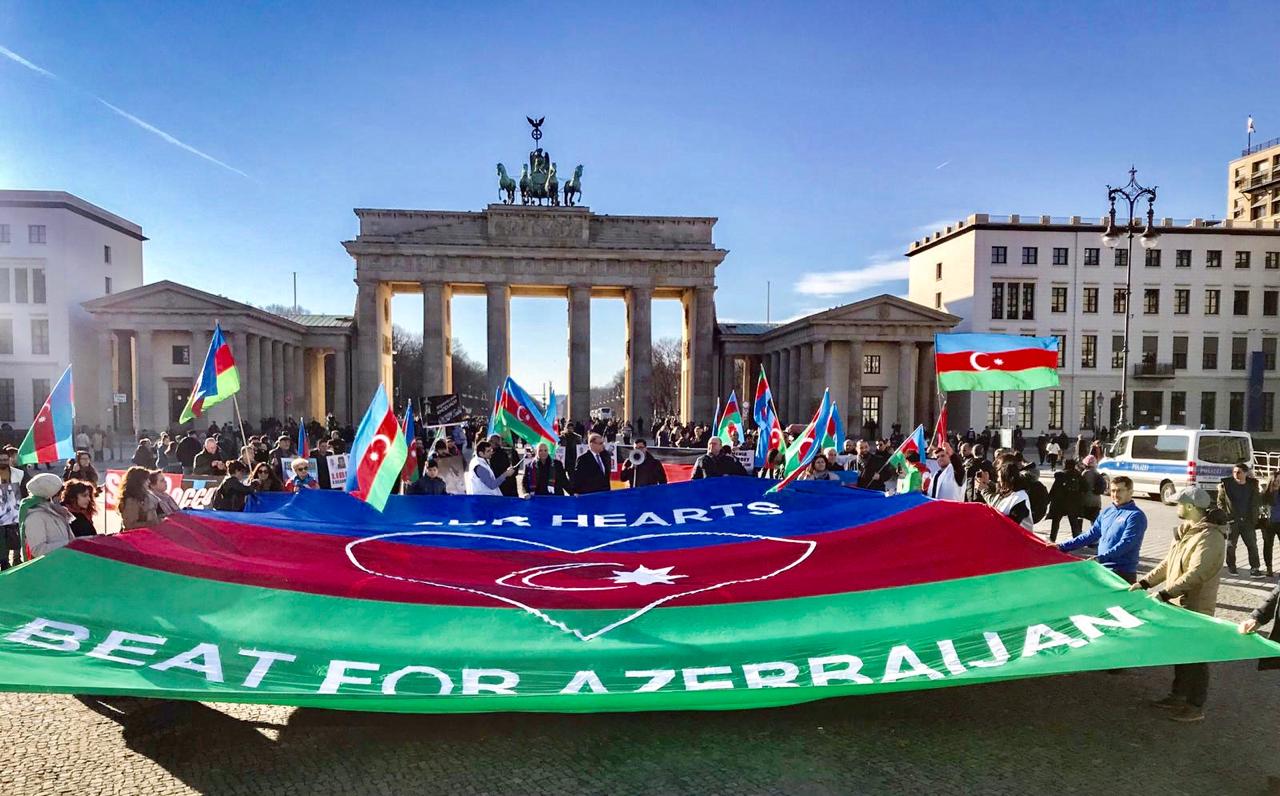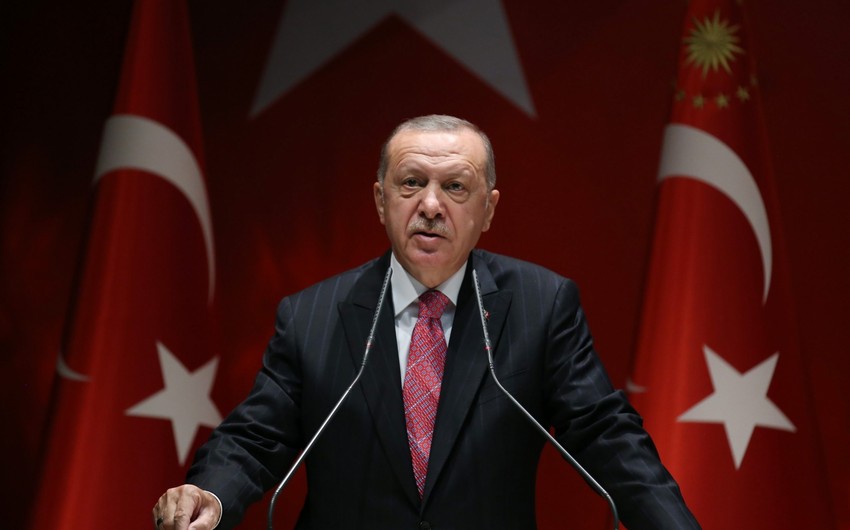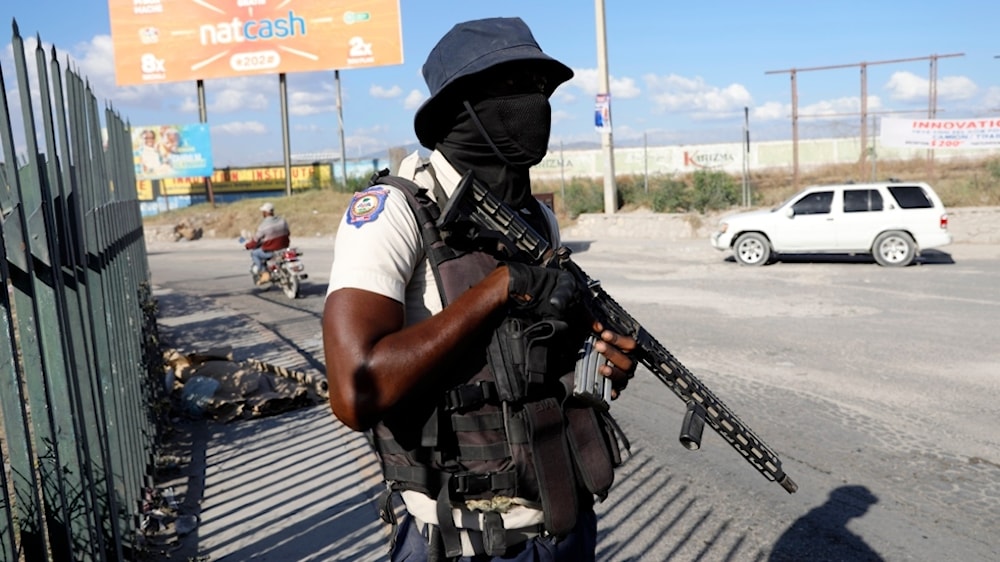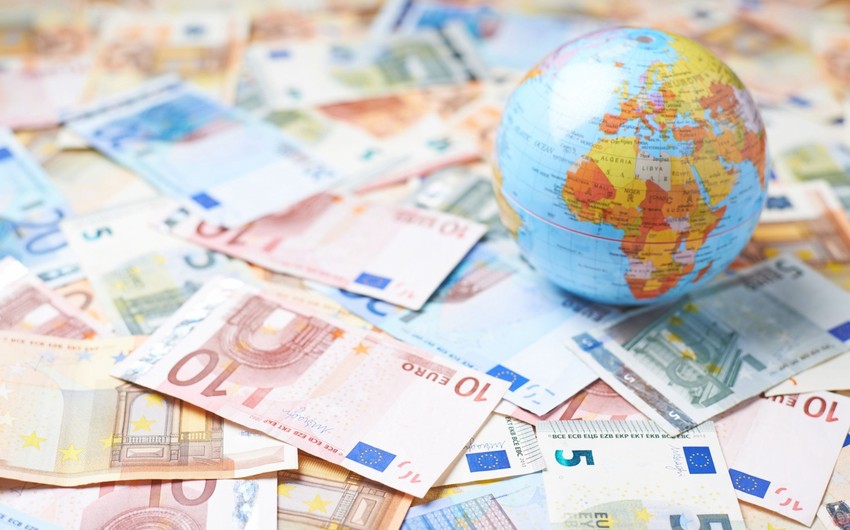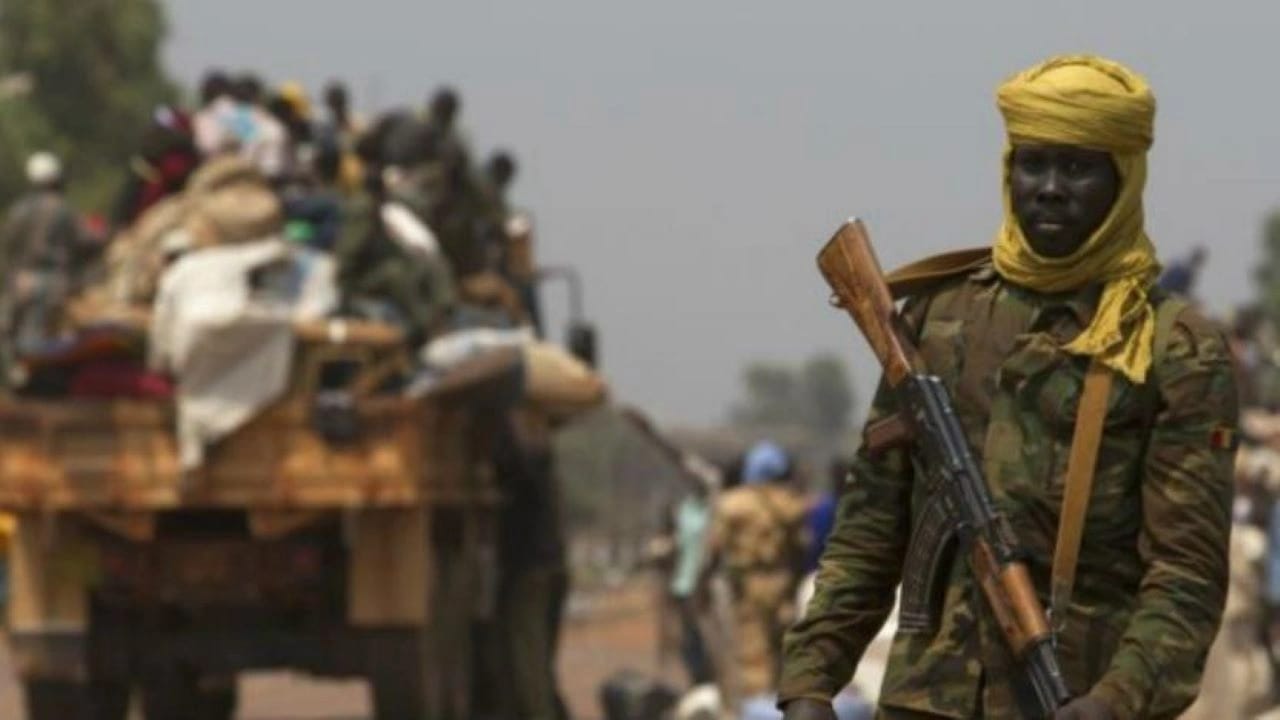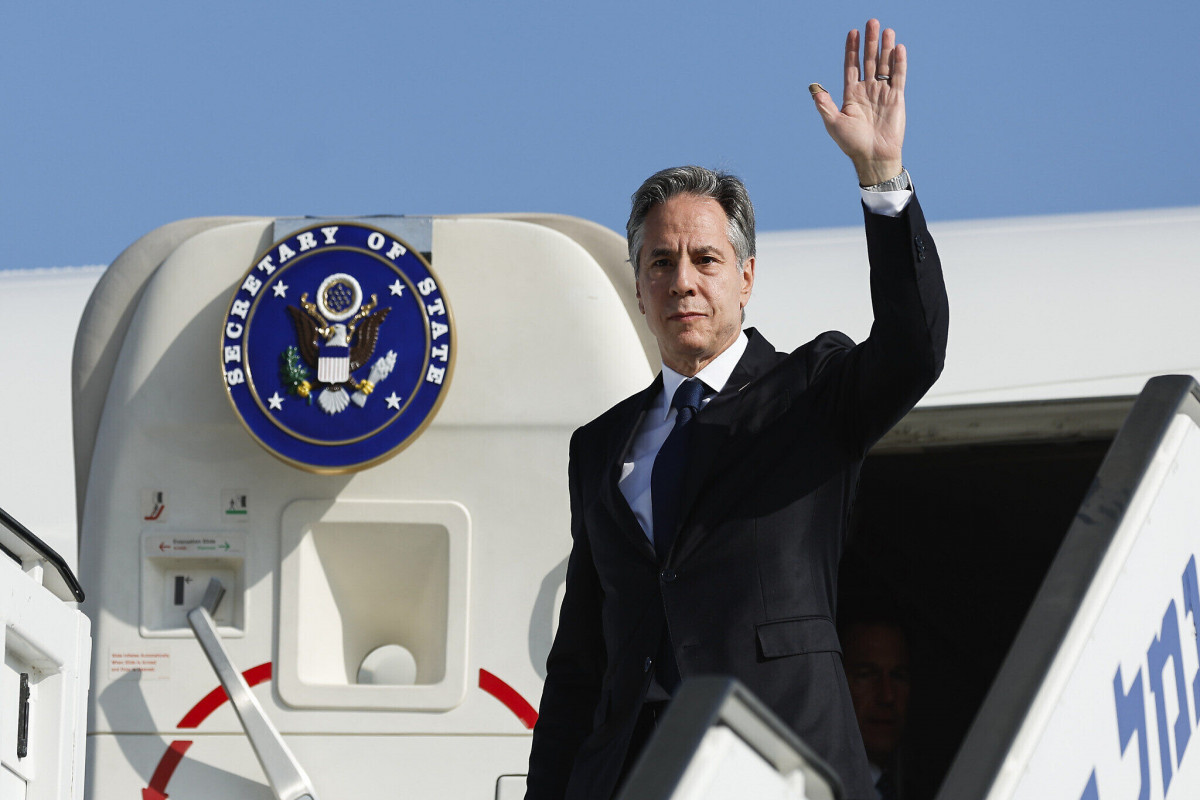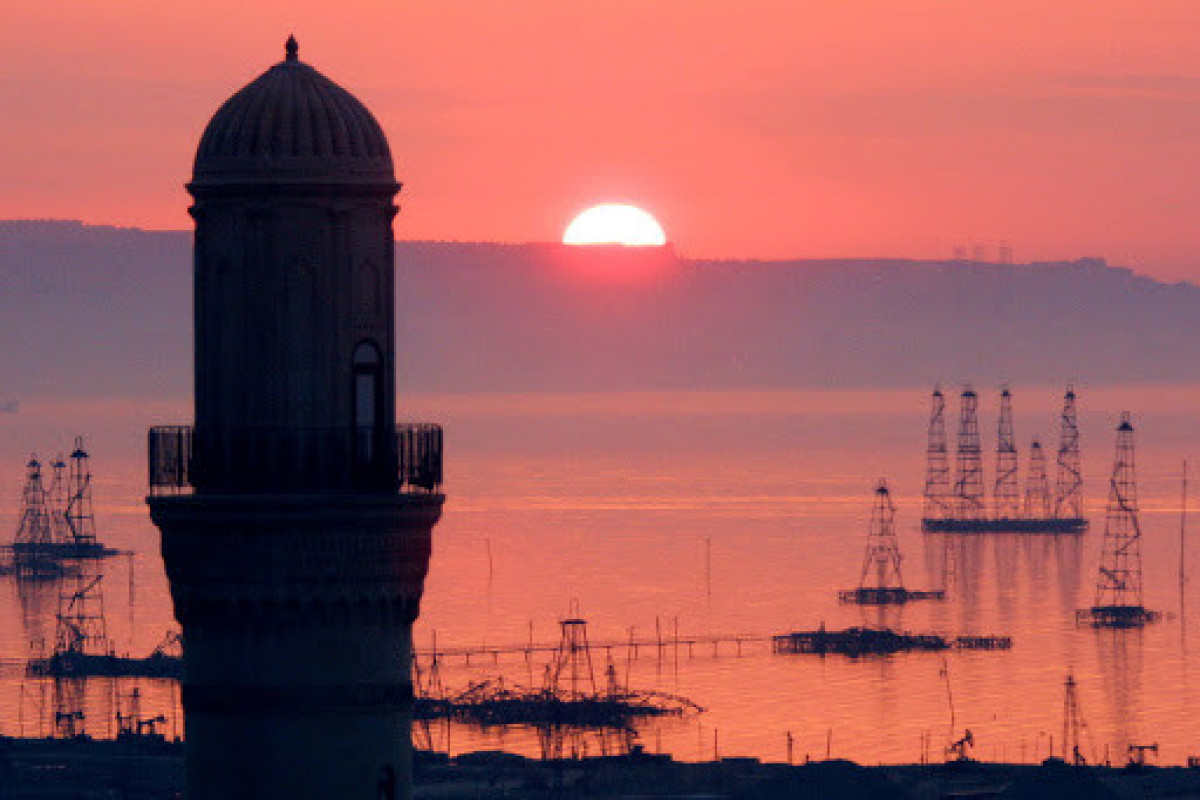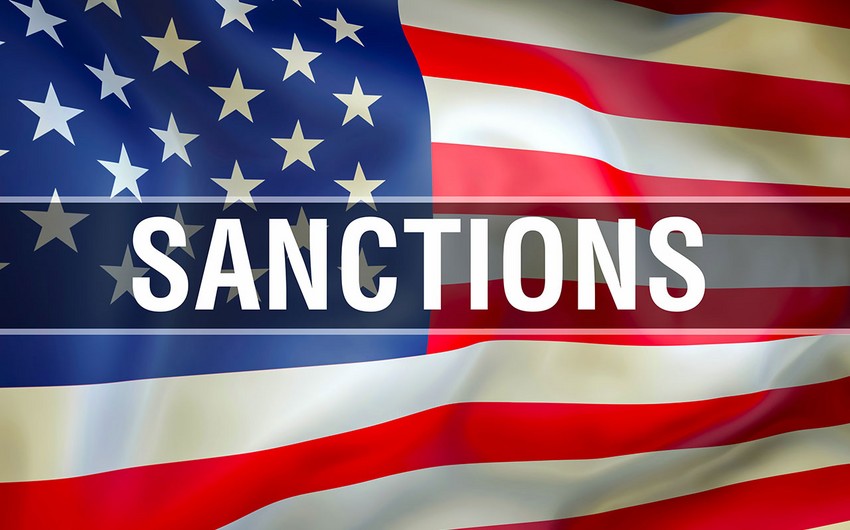Colombians have failed to elect a president outright, setting the stage for a bitter runoff between two frontrunners from opposite ends of the political spectrum, while a peace process with leftist rebels hangs in the balance.
Iván Duque, a hardline conservative who viscerally opposes the peace accord, took the largest share of the vote on Sunday with 39%, though fell short of the 50% required to win at the first round. Instead, he will face Gustavo Petro – a leftwinger and former mayor of Bogotá, who came second with 25% – in the second round on 17 June.
Petro, himself once a guerrilla, was Colombia’s first progressive candidate in generations and had been expected to gain a larger share. But a third candidate, the more moderate Sergio Fajardo, appeared to siphon off Petro’s support, receiving 23%. It remains to be seen if Fajardo, a reformer and former mayor of Medellín, will back Petro in the second round.
The two other candidates, Germán Vargas Lleras and Humberto de la Calle, were unable to muster 10% of the vote between them.
While voters were united in their distrust of establishment politicians, the campaign highlighted increasing polarisation, with Duque campaigning on a platform of market-friendly economics and Petro criticising the multinational mining companies that operate in the country.
Some voters were also worried that with a leftist at the helm could mean their country follows neighbouring Venezuela toward economic ruin – a crisis that has caused more than a million Venezuelans to flee to Colombia. Petro was once a vocal supporter of Hugo Chávez, the late Venezuelan president whom many blame for that country’s woes.
Sunday’s vote took on extra significance, marking the first presidential elections since a peace deal was reached between the government and leftist rebel group the Revolutionary Armed Forces of Colombia (or Farc). That deal formally ended five decades of war that left 220,000 dead and 7 million displaced but failed to win over voters who in late 2016 rejected the deal in a referendum.
The peace process was the initiative of outgoing president, Juan Manuel Santos, who won the Nobel peace prize for his achievement.
Santos told the Guardian in 2017 that “my advisers warned me: are you willing to expend your political capital to do this? I said yes. It would be worse to get to the end of my life and think I had the opportunity and didn’t take it.” This week’s polls in the authoritative Semana magazine showed Santos to be the least popular within living memory, on an “unfavourable” rating of 63%.
Though the deal was amended and ratified in congress, promises of softer sentencing for rebels and guaranteed seats in congress proved a step too far for many Colombians who saw Sunday’s vote as a second referendum.
Duque – now the clear favourite to take the presidency in June – is opposed to the peace deal. His mentor and ally, former president Álvaro Uribe, remains a powerful figure in Colombian politics, having long been fiercely critical of the peace process.
Petro once belonged to the long-defunct M-19 guerrilla group and supports the deal. But unless he can convince more moderates to swell his movement, his chances of winning next month are remote.
Election day began in a leaden mood beneath a leaden sky, with Santos casting his vote in the courtyard of Bogotá’s magnificent neoclassical Congress building, and addressing reporters. “These are the best-attended elections ever,” he said, “in a country closer to peace than it has ever been.”
He was followed, according to tradition, by his predecessor Uribe – whom Santos once served as defence minister but who has become his nemesis. Uribe placed his ballot paper and said: “I have voted for Iván Duque, because of his preparation for office, and his programme for security and respect for the law.”
Soon afterwards, in the Asunción district on the edge of his electoral fortress in desperately poor barrios in the south of the city, Gustavo Petro arrived, pressing through crowds of supporters, to vote at the San Lucas school, converted to accommodate polling booths. “Uribe, can you hear us? Petro for president!” they chanted, and: “Gustavo, friend, the people are with you!”
The candidate moved through his throng to the booth, accompanied by his daughter Antonella who was wearing the yellow colours of Colombia’s football team. “The future of all our sons and daughters depends on who wins this,” he said. “The more people vote, the more free citizens we will have. I promise a humane Colombia We will improve health and education, challenge corruption and pursue peace.”
Duque had earlier voted at the National Institute of Pedagogy, as though to demonstrate the bitter polarisation in this country, proceeding to hear midday Mass at Our Lady of Lourdes church in the historic Chapinero district, where his well-heeled supporters packed the aisles.
Duque was whisked in via a rear entrance by his armoured convoy, taking a front pew with his wife, Beatriz. A benediction was sung – bizarrely – to the tune of The Beatles Hey Jude and while the audience sat, upright, Duque lowered his head in prayer, before falling – while others stood – to his knees.
The peace accord has had a rocky ride in the run-up to this decisive moment. Clause one commits a government to “integrated rural reform”, while clause four demands the voluntary and enforced eradication, and substitution of coca. Both have met with ferocious opposition: 160 indigenous and land rights leaders have been assassinated, and war rages over coca production between government forces and a mesh of mafia interests and Farc dissidents and other criminal syndicates connected to big landowners. The worst violence is in the Tumaco region on the Pacific coast, the most intensive – and contested – coca-growing region in the world. Duque has consistently refused to uphold both clauses, while Petro and Fajardo are committed to continuing the peace process.
A final televised debate on Friday night focused almost entirely on the accord. Duque said it had “bamboozled the Colombians”, while Petro insisted: “The peace is not a problem of negotiation with the guerrillas, but an agreement with society to live without violence.” In a debate the previous evening, Fajardo said, aiming at Duque: “That would be a bad thing: a president who does not want peace.”
Out in the countryside, the tension has been palpable. Carlos Castilla is one of those working on the front line of the accord’s implementation, for a division of the agriculture ministry, helping coca growers substitute their crop with licit alternatives. “Peace”, he said, in the tropical wilderness around Tumaco, “is not something you just sign, it is something you build.”

